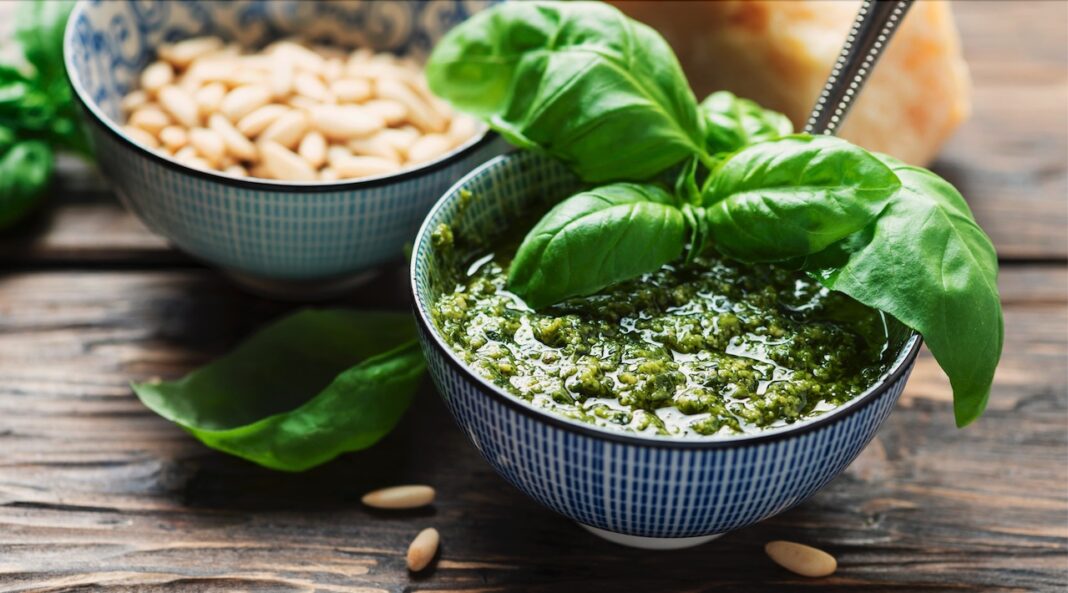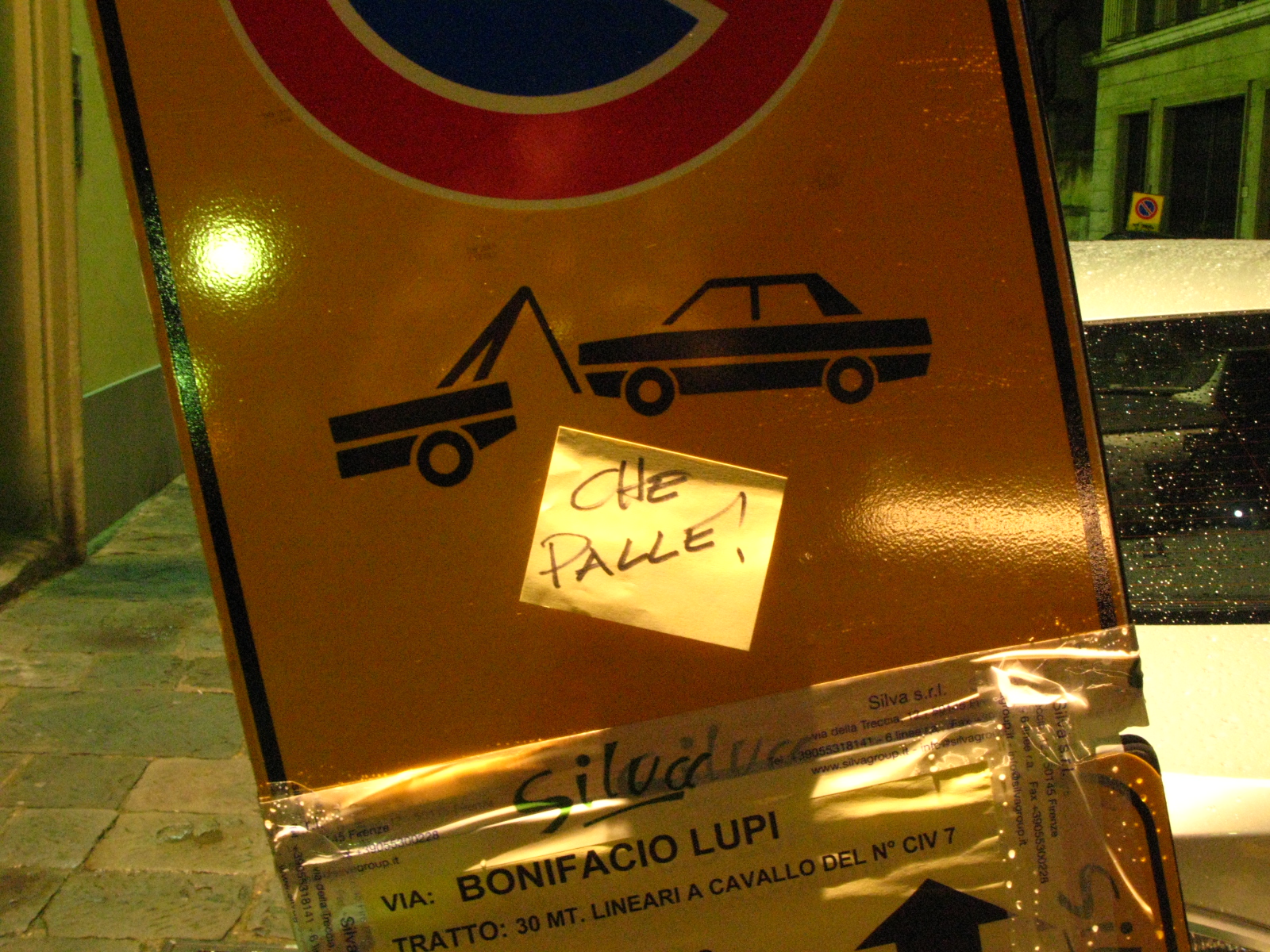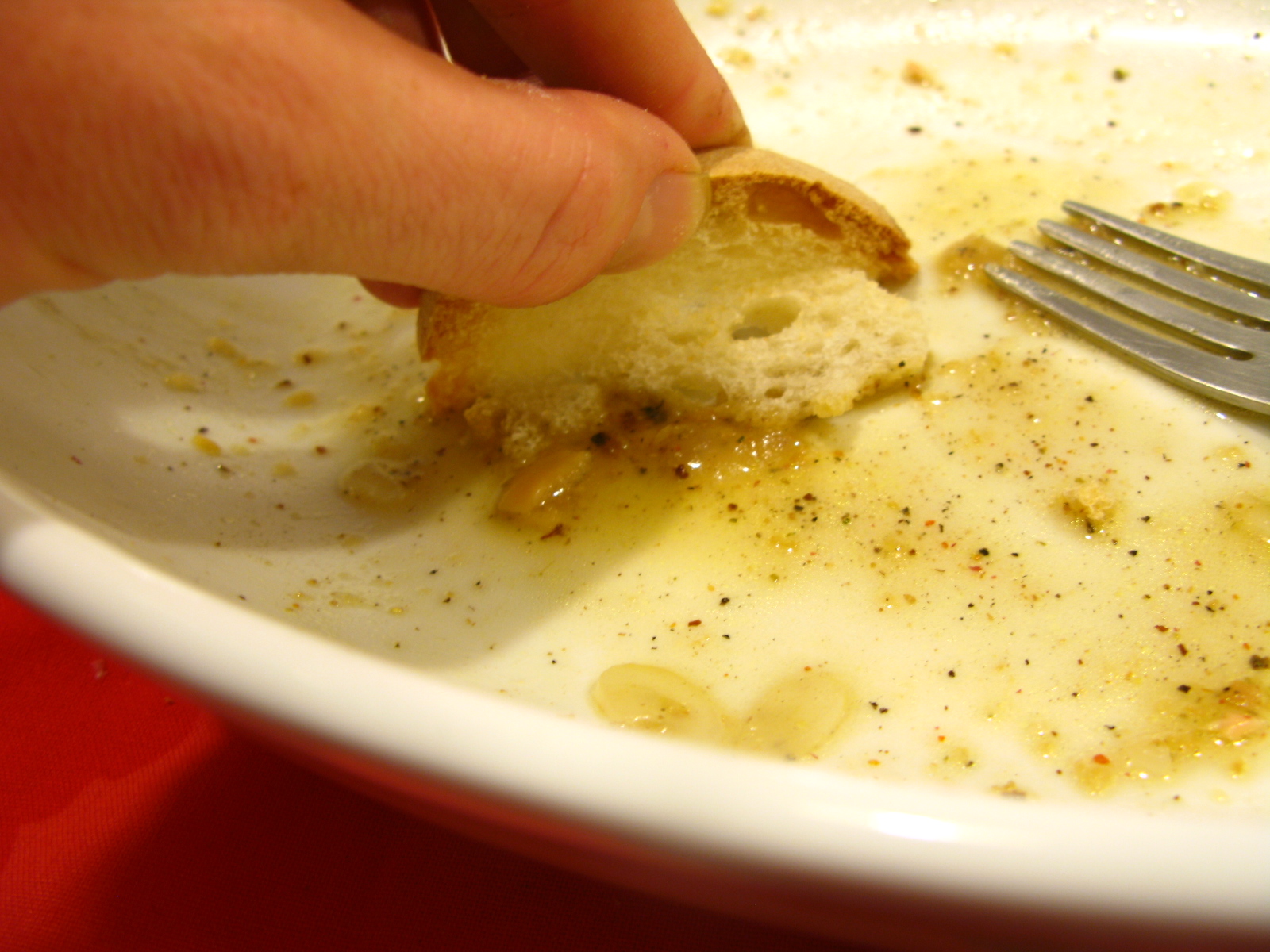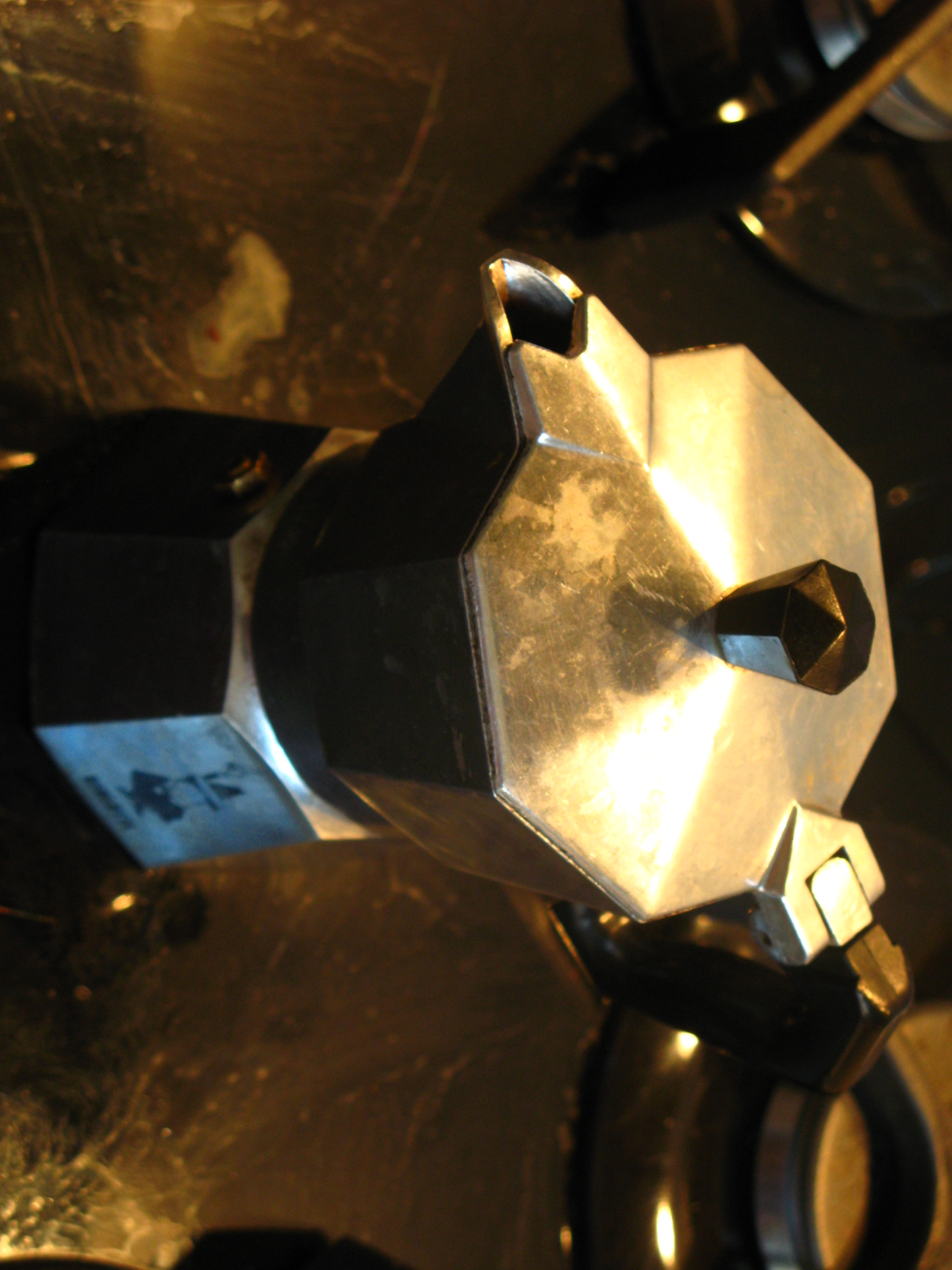Italian lessons for children
Happy September! Schools are starting again, and even adults are ready for new, exciting adventures!
How about taking a class in Italian?
Learning a foreign language, for instance, is a thrilling, rewarding, and gratifying experience. In fact, surveys show that more and more families are looking for Italian lessons for their children and that adults are constantly hunting for insight into the Italian language.
That’s why we came up with the idea of this article: a mini-class in Italian to meet the needs of all those who have always been fascinated by the Italian language.
Ready? Andiamo (let’s go)!
Italian words related to learning
First and foremost, you’re probably curious about the Italian words related to acquiring information and/or mastering the art of something. The word most commonly used for the verb “to learn” is “imparare”, but there is a less renowned synonym that, albeit not as popular, is very evocative: “apprendere”. There’s also an expression very similar to the English “acquire information”, and that is “acquisire informazioni”
So, how do you say “class” in Italian?
Now that we’ve started, you’re probably even more interested in the other words Italians use to illustrate the concepts connected with schooling and education. For instance, how do you say “class” in Italian? “Classe” (‘klasse), is the word for “class” in Italian, but, unlike its English translation, it means both “group of people in school” and “classroom”. The Italian for “lesson” is “lezione” (let’tsjone), plural form “lezioni”, while the word for “course”, meaning a series of classes that take place in a set period of time and follow a specific study program, is “corso” (‘korso), plural “corsi”.

“Studying”, and the genders, in Italian
The Italian “studiare”, i.e. “to study” is very similar to its English equivalent because they both come from the Latin term “studium”. The same is true for the term “student”, but, at this point, it is important to highlight that Italian comprises two genders, feminine and masculine. So, a male student is “studente” whereas a female student is “studentessa”. “To teach”, and “teacher”, on the other hand, are completely different from their English counterparts.
Italian words for “teacher”
The Italian for “to teach” is “insegnare”, and the most commonly used term for “teacher” is “insegnante” (plural “insegnanti”), but there are other words used to define a person who educates: “docente” (plural “docenti”), somewhat more formal, “maestra” or “maestro” for grade school teachers, and “professore”, masculine, “professoressa”, feminine, for high school teachers and university professors.
Understanding and Asking
How to say “I understand” in Italian
We hope we’ve been good “insegnanti” up to now and explained the above properly! If we have, you’re probably wondering how to say “I understand” in Italian. The answer is “ho capito!” (?? kap?ito), which literally translates as “I have understood”. The infinitive, i.e. the Italian for “to understand”, is “capire” (kap?ire).
How to say why in Italian
What about the famous, indispensable, 5 Ws? I’m sure you want to know how to say who, when, or why in Italian! Who, what, when, where, and why, are essential words that we all need to know: without them, we can’t ask the right questions to gather information and properly understand something.
How to say why in Italian – the 5 Ws
So, let’s look at the Italian terms for these 5 vital units of language:
- “who” is “chi” (k?i)
- “what” is “cosa” (k??za)
- “where” is “dove” (d?ove)
- “when” is “quando” (kw?ando)
- “why” is “perché” (perk?e)
How do you say cat in Italian?
Italian lessons for children always need to include information about the animal world. Simply because one of the very first things a child is going to ask is “how do you say cat in Italian?”. So, let’s take a brief trip through the pet world, and a look at the zoo and seaside too!
How you say cat and other Italian words for pets and wild animals
- Antelope – antilope
- Bat – pipistrello
- Bird – uccello
- Cat – gatto (??at?o)
- Chameleon – camaleonte
- Dog – cane
- Elephant – elefante
- Flamingo – fenicottero
- Goat – capra
- Jellyfish – medusa
- Lizard – lucertola
- Lion – leone
- Monkey – scimmia
- Reindeer – renna
- Sea turtle – tartaruga di mare
- Snake – serpente
- Zebra – zebra
How do you say bread in Italian?
Food is another extremely intriguing topic and one both children and adults are extremely interested in. This is probably partly due to the fact that some Italian food terms define dishes and specialties that are renowned and beloved worldwide. “Pasta”, “pizza”, and “gelato”, for instance, hold no secrets for anyone! The same can be said for drinks: Italy is famous for signature beverages such as “espresso” coffee and “cappuccino”, and apéritifs like “Spritz” and “Negroni”. But what about other popular foodstuffs and drinks?
How to say cheese in Italian, and other Italian words for food and drink
Wondering how you say bread, cheese, and eggplant in Italian?
Read on! We’ve made a ready-to-use list of popular edibles for you to use on your next trip to Italy (or to your favorite Italian restaurant!)
- Almond – mandorla
- Apple – mela
- Bacon – pancetta
- Banana – banana
- Beef – manzo
- Bread – pane (p?ane)
- Cake – torta
- Carrot – carota
- Cheese – formaggio (form?ad???o)
- Chicken – pollo
- Chocolate – cioccolata
- Cookie – biscotto
- Egg – uovo
- Eggplant – melanzana (mela?d?z?ana)
- Fish – pesce
- Grapes – uva
- Honey – miele
- Lemonade – limonata
- Melon – melone
- Milk – latte
- Pork – maiale
- Pumpkin – zucca
- Raisins – uvetta/uva sultanina
- Spinach – spinaci
- Sugar – zucchero
- Toast – pane tostato (p?ane tost?ato)
- Tomato – pomodoro
- Tuna fish – tonno
- Veal – vitella
- Water – acqua
- Wine – vino
Waiter in Italian
Now that you know how to say cheese in Italian, you’ll want to know how to ask for some wine and a dish of bread and cheese, for instance. Or, maybe, you’ll need to be able to tell your Italian waiter that you’d rather drink water, in Italian of course!
First and foremost, the word for waiter in Italian is “cameriere” (kameri??re) for a man and “cameriera” (kameri??ra) for a lady.
How to say I drink water in Italian and other useful phrases
- May we have the wine list, please? — Cameriere potremmo avere la carta dei vini, per favore?
- I would rather drink water – Io preferisco bere acqua (?io prefer?isko b?ere ?ak?wa)
- I’ll have a glass of white/red wine – Io prendo un bicchiere di vino bianco/rosso
- We’d like a cheese plate please – Potremmo avere una selezione di formaggi per favore? (potr??mmo av?ere ?una selet?si?one d?i form?ad???? p?er fav?ore)
- May we have some bread please? – Ci porterebbe del pane per favore? (t???i porter??b?e d?el p?ane p?er fav?ore)
- We’d like the eggplant parmigiana please – Prendiamo le melanzane alla parmigiana (prendj?amo l?e mela?d?z?ane ?alla parmid???ana)
Did you enjoy the class?
We hope you did and are getting a second one ready! So stay tuned for more coming up soon!











